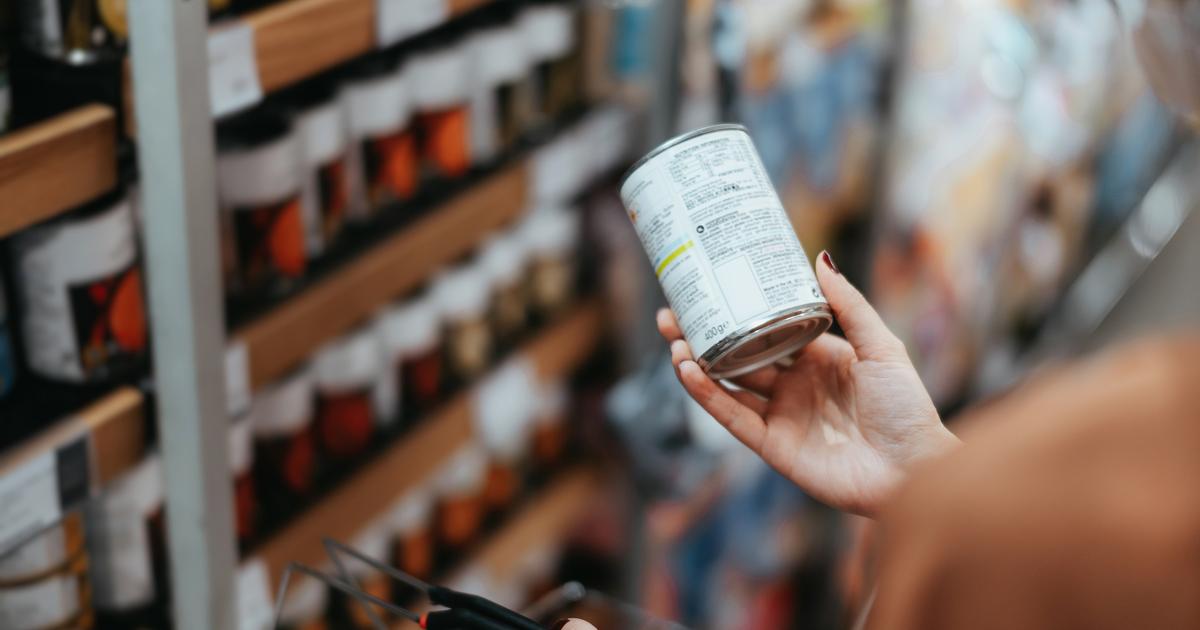Peas, green beans, tomato pulp... Some people like them canned.
Although the nutritional benefits of these foods have been demonstrated, some precautions should still be taken when choosing the box on the shelves.
In an Instagram publication from February 10, Océane Sorel (under the pseudo
thefrenchvirologist
), doctor in virology and immunology, recommends paying attention to the appearance of metal containers and more precisely not choosing deformed canned goods.
To discover
Podcast
> Gwyneth Paltrow: the strange guru from the Upper East Side
Download the Le Figaro Cuisine app for tasty and authentic recipes
Also read: Are canned vegetables really worse than fresh ones?
Beware of bad bacteria
The virologist warns against a bacteria sometimes present in deformed canned goods and which could be the cause of “botulism”.
“Botulism is a rare but serious food poisoning, which can begin with digestive symptoms before causing muscle weakness and paralysis,” explains Océane Sorel.
This disease can be fatal if it affects the respiratory muscles, preventing the victim from breathing.
When a can is damaged or cracked, the bacteria responsible for the food infection can “ideally develop” there, “in conditions without air and with food,” warns the specialist.
According to the latter, this is particularly the case for containers containing “low acid” foods, such as corn, asparagus or green beans.
Read alsoHere's how to give good bacteria to your intestine and thus get well
“To avoid any risk, it is preferable to check that the can is not dented when buying it and not to consume the contents of cans showing signs of deformation or deterioration,” finally emphasizes the virologist.
It will also be appropriate to keep the containers in good conditions, that is to say away from heat and humidity.

